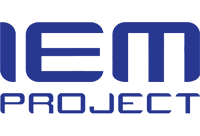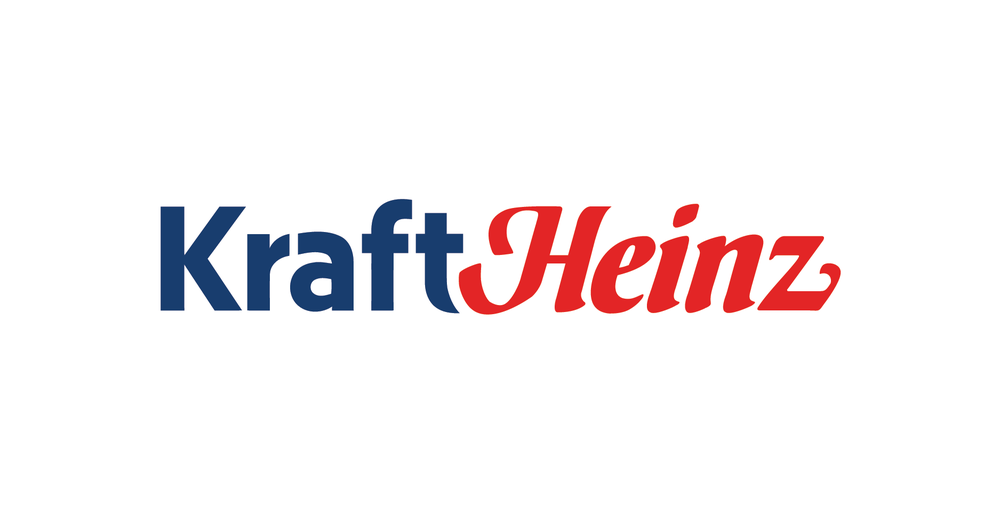Applications of IoT in Manufacturing Plants
IoT has amalgamated hardware and software with the internet to create a more technically-driven environment. Gartner predicts that by the year 2020, there will be 20.4 Billion IoT devices. Implementation of IoT in healthcare, smart cities and manufacturing industries has formulated innovative ways to collaborate these devices.
IoT is profitable in the fields where both faster development, as well as the quality of products, are the critical factors for a higher Return on Investment (ROI). One of such fields is the manufacturing industries, and Industrial Internet of Things (IIoT) has transformed it with things like big data, artificial intelligence (AI) and machine learning.
IoT has multitudes of applications in manufacturing plants. It can facilitate the production flow in a manufacturing plant, as IoT devices automatically monitor development cycles, and manage warehouses as well as inventories. It is one of the reasons investment in IoT devices has skyrocketed over the past few decades. IoT in manufacturing, logistics and transportation will rise to $40 Billion by 2020. (Forbes).
Therefore, it is essential to understand the applications of IoT in manufacturing plants. The implementations are:
Digital Twins
Shortcomings and faults in the final product increase expenditure and overburden employees in a manufacturing industry. Digital twins replicate the developing product in a digital form. Whereas, by retrofitting sensors, industries gather data about their product’s entire working mechanism and the output expected from each module. The collected data from the digital replica enables managers to analyze the effectiveness, efficiency and accuracy of the system. They can also identify potential bottlenecks in their product that helps them to create a better version of their product. Lastly, digital Twins streamline operations like asset management and failure management. It supports industries in forecasting the completeness of their baseline and successfully follow their deadlines.
Supply chain management
IoT devices track and trace the inventory system on a global scale. Industries can monitor their supply chain by getting meaningful estimates of the available resources. It includes information regarding the undergoing work, equipment collection, and the delivery date of required materials. IoT devices also eliminate the need of manual documentation for operations and introduce Enterprise resource program (ERP). They avail the facility of having cross-channel visibility into managerial departments and help the stakeholders in examining the undergoing progress. It reduces the expenditure due to mismanagement and lack of analysis in the organizations.
Self-dependent systems
Productions issues and equipment failures are inevitable in a production environment. However, resolving them is expensive as well time-consuming. The consolidation of IoT and machine learning enables machines to deduct issues and fix them on their own. It creates self-healing automated systems that intelligently regain control when the downtime occurs. The embedded sensors notify the production team about the underlying issues. The automated and independent systems reduce manual efforts and boost the development process. They provide freedom to the production unit to concentrate on other critical issues and increase their productivity. Self-dependent systems provide resilience to industries and help them to achieve a faster time to market.
Workshop Mirroring
IoT can interlink market-ready solutions (MRs) and the enterprise information management system. It helps industries to automate the control of IoT-enabled manufacturing activities that are executed in workshops. Industries can access, identify and control the manufacturing execution process. It helps in covering all the scenarios from the start of production to the delivery of the final product. The data from IoT-enabled manufacturing layers becomes the production and product-related input for an industry. IoT devices enable enterprises to rightly addresses the issues related to connection, computing, and control.
Smart Pumping
IoT devices can be a utility in power plants, water management, and chemical manufacturing. The embedded sensors in a pump regulate as well as control the flow and pressure of water. These devices automatically turn off pumps according to the predefined metrics. They also collect real-time information about the performance of the systems. It helps industries to control electricity expenses, reduce manual labour and proliferate the production with the minimum wastage of water. IoT-enabled pumping systems enable industries to install a connected, flexible, and efficient pumping system.
Industrial Internet of things (IIoT) can transform the way industries work. It can create autonomous self-healing machines and enhance inventories using machine-learning. Industries can manage their supply chain using IoT devices and run the production cycle economically. The interconnectivity along with automation reduces human labour and provides faster time to market.
Source: www.themanufacturer.com















